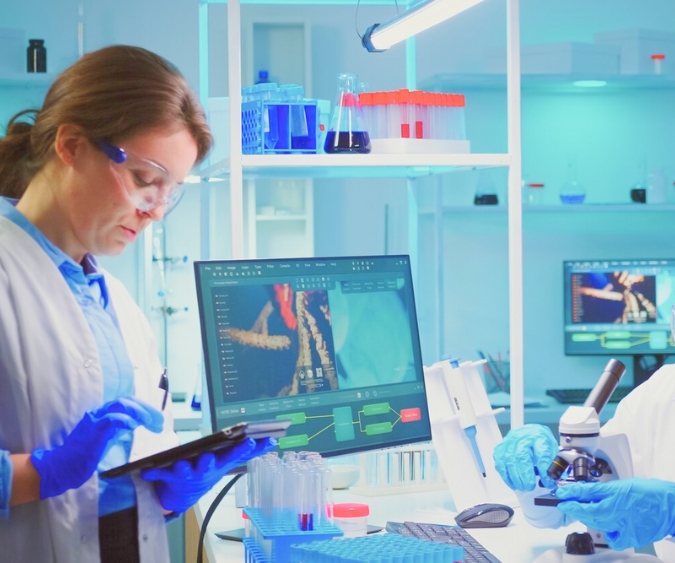We collect data and analyze how much calibration is done and what survey solutions we can bring for betterment.
We locate and figure out underground utilities using specific methods, avoiding their damage during construction works.
We provide a thorough assessment through surveys to monitor the progress.

